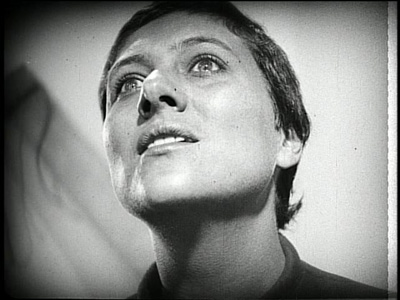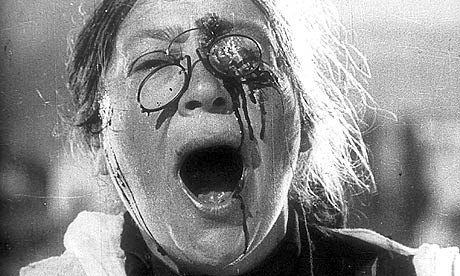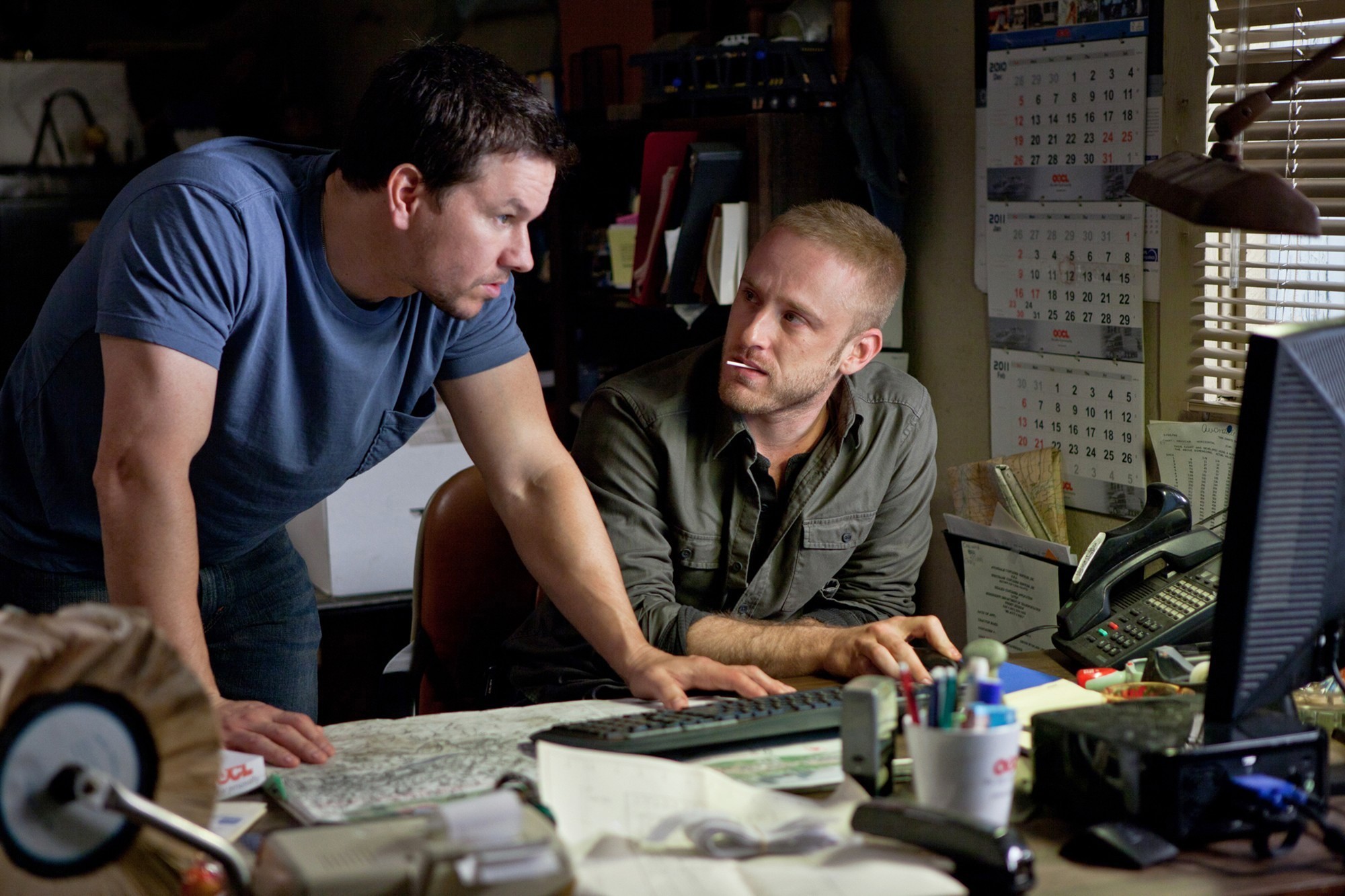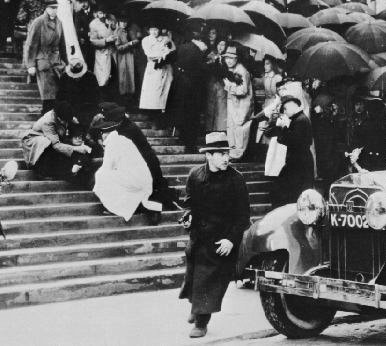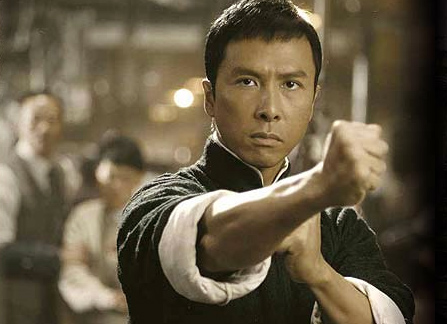The Rules of the Game (1939) directed by Jean Renoir
For some reason I am having the most difficult time thinking of something to write. I've been typing paragraphs and deleting them over and over for ninety minutes now with no headway so I'll just have to make this a quick and dirty one which is kind of a shame since apparently I have a lot to say; I just can't seem to get the words out.
Apparently this movie is a really big deal and is often listed as one of the greatest films of all time right alongside the likes of Citizen Kane and Battleship Potemkin. I've basically never even heard of the film so I had no idea what to expect going in. The film description sounds kind of dull; it is basically a domestic comedy drama where rich socialites and servants gather in a country chateau. There are a lot of things going on but the primary story centers around the love lives of the central characters. See if you can follow. Andre is in love with Christine who is married to Robert who is having an affair with Genevieve. Christine sort of loves both Andre and Robert but deep down inside loves Octave who secretly loves her. All these characters come together in a social gathering at Robert's country chateau. There is still a separate subplot involving the servants who are also in a lover's quarrel. It's all kind of a ridiculous farce and the film even plays around with that idea. At some point in the film, the fight for love becomes violent and two separate fights break out. As all hell breaks loose, Robert tells his servant, "Stop this farce!" The servant replies, "Which one, m'sieur?" without a hint of irony. The film is well written, both funny and dramatic. It is interesting to watch all the characters interact with each other and simply listen to them speak.
The film is also visually appealing. Citizen Kane is famous for its deep focus shots, but The Rules of the Game was already doing it before CK. In the house there are a lot of grand hallways where we can see everything all the way down. We can see other parts of the story unfolding in the background as characters sneak around doing this or that while the action is happening up front. The camera moves its way around the house effortlessly as it sort of just flows with the story, if that makes any sense.
What does the title The Rules of the Game refer to? The game in question refers to society itself which is dictated by certain rules. The society the film paints is a dark one that is populated by adulterous bourgeois socialites. The rules that they play by involve lying, cheating, pandering and so forth and those that do not abide by the rules end up punished. The one character who does not play by the rules and is honest with his feelings almost to a fault winds up being the loser.
Grade: B+
For some reason I am having the most difficult time thinking of something to write. I've been typing paragraphs and deleting them over and over for ninety minutes now with no headway so I'll just have to make this a quick and dirty one which is kind of a shame since apparently I have a lot to say; I just can't seem to get the words out.
Apparently this movie is a really big deal and is often listed as one of the greatest films of all time right alongside the likes of Citizen Kane and Battleship Potemkin. I've basically never even heard of the film so I had no idea what to expect going in. The film description sounds kind of dull; it is basically a domestic comedy drama where rich socialites and servants gather in a country chateau. There are a lot of things going on but the primary story centers around the love lives of the central characters. See if you can follow. Andre is in love with Christine who is married to Robert who is having an affair with Genevieve. Christine sort of loves both Andre and Robert but deep down inside loves Octave who secretly loves her. All these characters come together in a social gathering at Robert's country chateau. There is still a separate subplot involving the servants who are also in a lover's quarrel. It's all kind of a ridiculous farce and the film even plays around with that idea. At some point in the film, the fight for love becomes violent and two separate fights break out. As all hell breaks loose, Robert tells his servant, "Stop this farce!" The servant replies, "Which one, m'sieur?" without a hint of irony. The film is well written, both funny and dramatic. It is interesting to watch all the characters interact with each other and simply listen to them speak.
The film is also visually appealing. Citizen Kane is famous for its deep focus shots, but The Rules of the Game was already doing it before CK. In the house there are a lot of grand hallways where we can see everything all the way down. We can see other parts of the story unfolding in the background as characters sneak around doing this or that while the action is happening up front. The camera moves its way around the house effortlessly as it sort of just flows with the story, if that makes any sense.
What does the title The Rules of the Game refer to? The game in question refers to society itself which is dictated by certain rules. The society the film paints is a dark one that is populated by adulterous bourgeois socialites. The rules that they play by involve lying, cheating, pandering and so forth and those that do not abide by the rules end up punished. The one character who does not play by the rules and is honest with his feelings almost to a fault winds up being the loser.
Grade: B+






